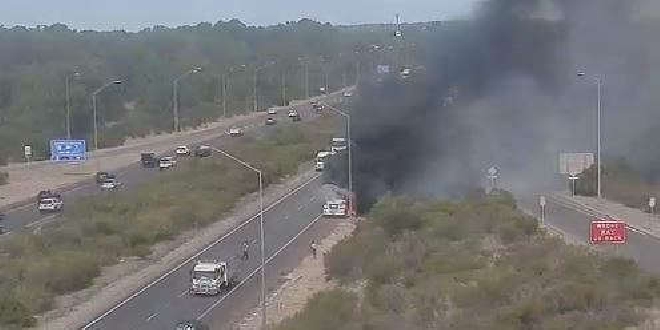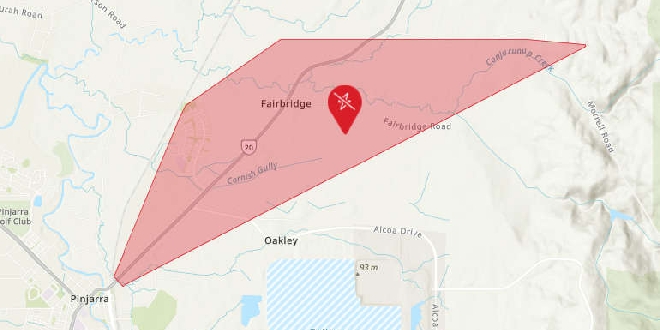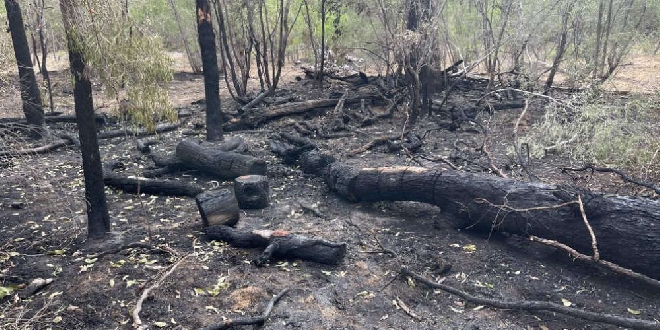
Member for Canning Andrew Hastie said people who tamper with food and put others at risk would face longer jail times.
People who contaminate food will be slapped with harsher penalties, after the federal government passed new laws today.
In the wake of the strawberry needle saga politicians moved to create tougher legislation to deal with acts of food contamination
Attorney-General, Christian Porter, said the tougher penalties send a strong signal to those who put the safety of individuals and the livelihoods of our farmers at risk that their actions will not be tolerated and will be dealt with severely.
“I thank Members and Senators across all parties who have facilitated the speedy passage of this important bill today,” he said.
“The Morrison Government has acted quickly and decisively to introduce these penalties in response to the recent food contamination issue that has spread rapidly across the country.
“Of particular concern has been the rapid escalation in copy-cat offences and hoaxes.
“This behaviour is not a joke. It is not funny. It is a serious criminal offence which the Morrison Government, and now the whole Australian Parliament has denounced."
Western Australian police confirmed they were investigating several cases of spiked strawberries across the state, including one incident where a student at a Pinjarra school discovered a contaminated strawberry in their lunchbox.
Member for Canning Andrew Hastie said the actions of others were putting others at risk.
“The sabotage and contamination of fruit we’ve seen this week is unacceptable. It puts children at risk, and threatens entire agricultural industries," he said.
"The Coalition has acted quickly to deliver harsh penalties against offenders.”
The Attorney-General said the bill would increase jail time from 10 to 15 years for the maximum penalty for contaminating goods, threatening to contaminate goods and making false statements about contamination of goods.
It also introduces new offences to apply where a person contaminates, or threatens to, contaminate goods or makes a false statement about contaminating goods in circumstances where the person is reckless as to whether their actions will cause public alarm or anxiety, economic loss or harm, or risk of harm, to public health.
Finally, new legislation expands the application of the Division 82 sabotage offences in the Criminal Code by expanding the definition of ‘public infrastructure’ to include food and services and utilities relating to food.
“The Morrison Government’s top priority is to keep Australians safe and the bill passed today backs that commitment with firm action,” the Attorney-General said.
“We will continue to work with industry as well as states and territories to ensure that we protect consumers and our farmers.”



 Stolen Ford Mustang linked to southern suburbs incidents
Stolen Ford Mustang linked to southern suburbs incidents
 Baldivis: Truck fire forces closure of Kwinana Freeway
Baldivis: Truck fire forces closure of Kwinana Freeway
 Concerns for missing Baldivis girl
Concerns for missing Baldivis girl
 MARC leisure pool, pirate playground to close for several weeks due to maintenance works
MARC leisure pool, pirate playground to close for several weeks due to maintenance works
 Petition launched to change new Eastern Foreshore playground due to safety concerns
Petition launched to change new Eastern Foreshore playground due to safety concerns
 Parts of Pinjarra, Fairbridge without power
Parts of Pinjarra, Fairbridge without power
 Bouvard scrub fire deemed suspicious
Bouvard scrub fire deemed suspicious
 Peel Thunder crush Perth in WAFLW season opener
Peel Thunder crush Perth in WAFLW season opener
 Baldivis man charged after AFP seize haul of cigarettes, vapes, $2.6M cash
Baldivis man charged after AFP seize haul of cigarettes, vapes, $2.6M cash